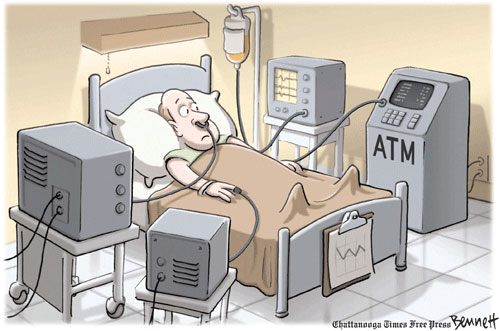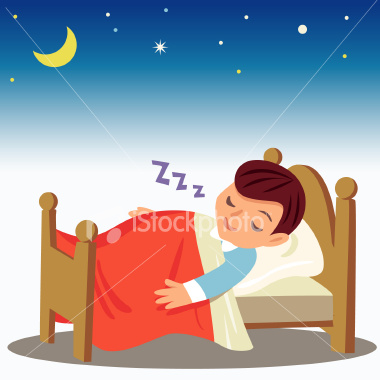
What’s going on in Health Care Reform?
I, like most others unfortunately do not have a complete grasp on all of the initiatives currently taking place in healthcare reform. So hopefully this blog (which is based on a University of Georgia lecture by Dr. Angela Fertig) will provide a little more insight into President Obama’s attempts at adjusting our nation’s healthcare system.
The ultimate goal is to make sure that ALL American citizens will be covered under some policy. So?
What happens if I HAVE INSURANCE?:
- Insurance companies will not be able to deny coverage because of pre-existing conditions. (such as: prior illness, disability, etc.)
- Insurers will not be able to drop or reduce coverage for those who are sick.
- There will be limits on out of pocket spending.
- And, insurance companies will be required to cover preventative services without co-pay.
Ultimately, the idea is that if you are insured and happy you will have MORE protections under your current healthcare plan.
What happens if I DO NOT HAVE INSURANCE? :
- the plan will generate and “Insurance Exchange” where you can choose from group of different plans, by comparing rates. (This is slated to take place in the next 4 years)
- Those who have PRE-EXISTING conditions will be eligible for immediate coverage.
IS THIS SOCIALIZED HEALTHCARE?????
Socialized healthcare refers to government control of all systems related to healthcare. Meaning that all facilities are government owned, and all employees (doctors, nurses, etc.) are government employees.
The “Public Option” that we have heard so much about seeks to generate a choice for those who are insured and uninsured, ultimately making insurance coverage mandatory.
I think that each of us would be fair in making our own decision about whether or not these two (socialized healthcare and the Public Option) are the same.
Do you agree or disagree?
Those in favor argue: that it will increase competition among insurers and drive cost down. Also, that it will make companies more honest.
Those opposed argue: The government’s plan will be cheaper and everyone will run to it causing a “CROWD OUT,” that will eliminate all private plans. Thus, the government will have complete control (socialization).
There has been much discussion about a compromise. Some of these include:
-Opting for a government sponsored plan, and then setting up a non-profit plan that is a co-op run by consumers.
- Allowing the option for a short period and then getting rid of it.
There are several bills in the works to push towards a reform and it will be interesting to see which one’s pass in the upcoming months.
Hopefully this provides some brief insight to the debate on the Public Option and what is being offered!
Signing out!

